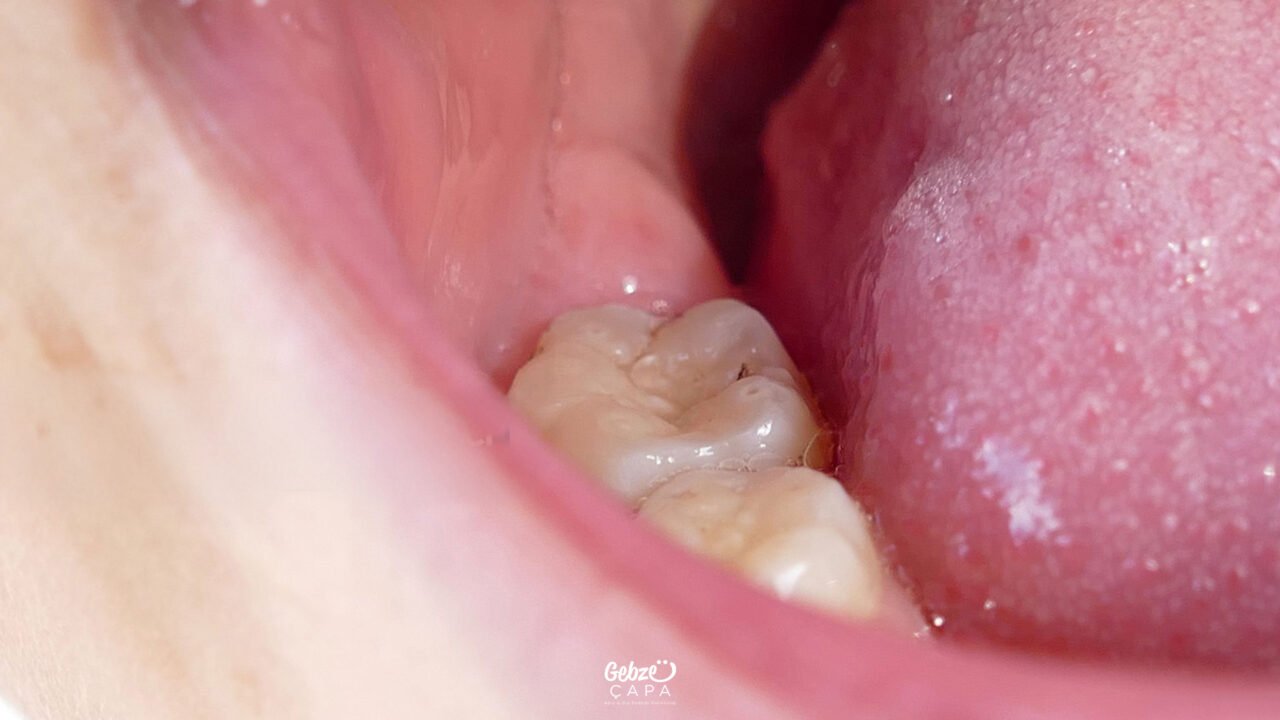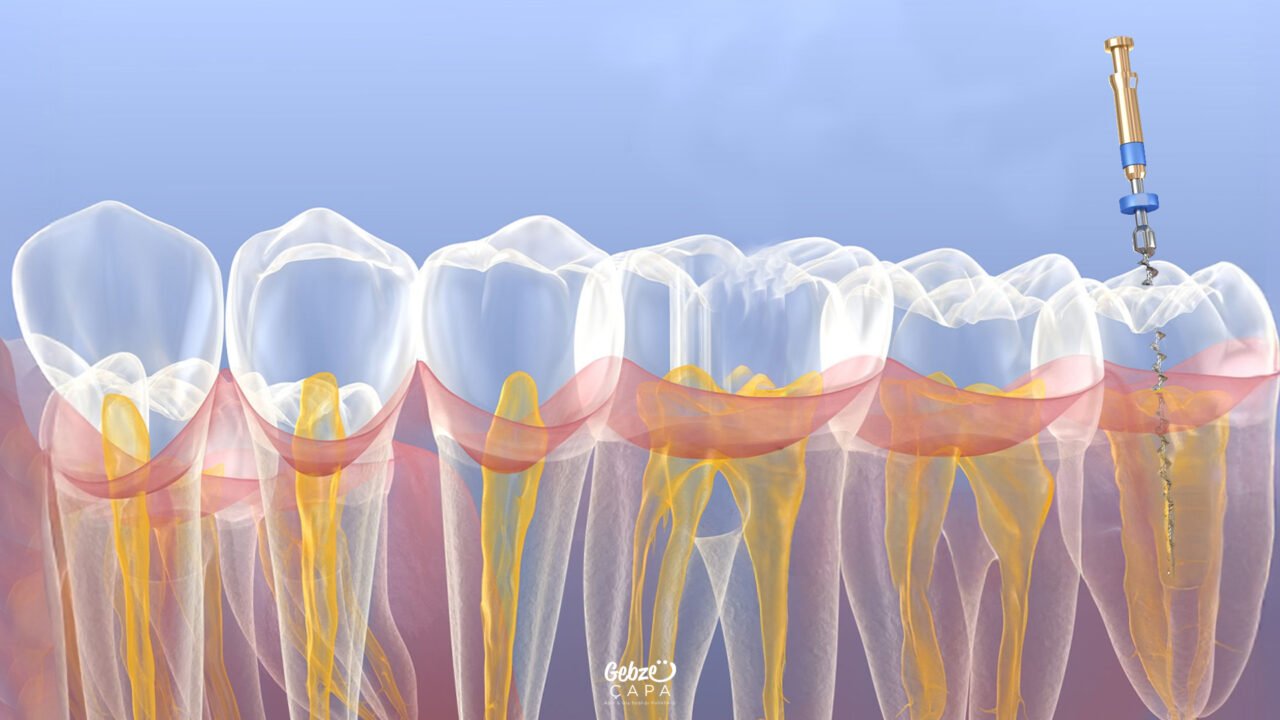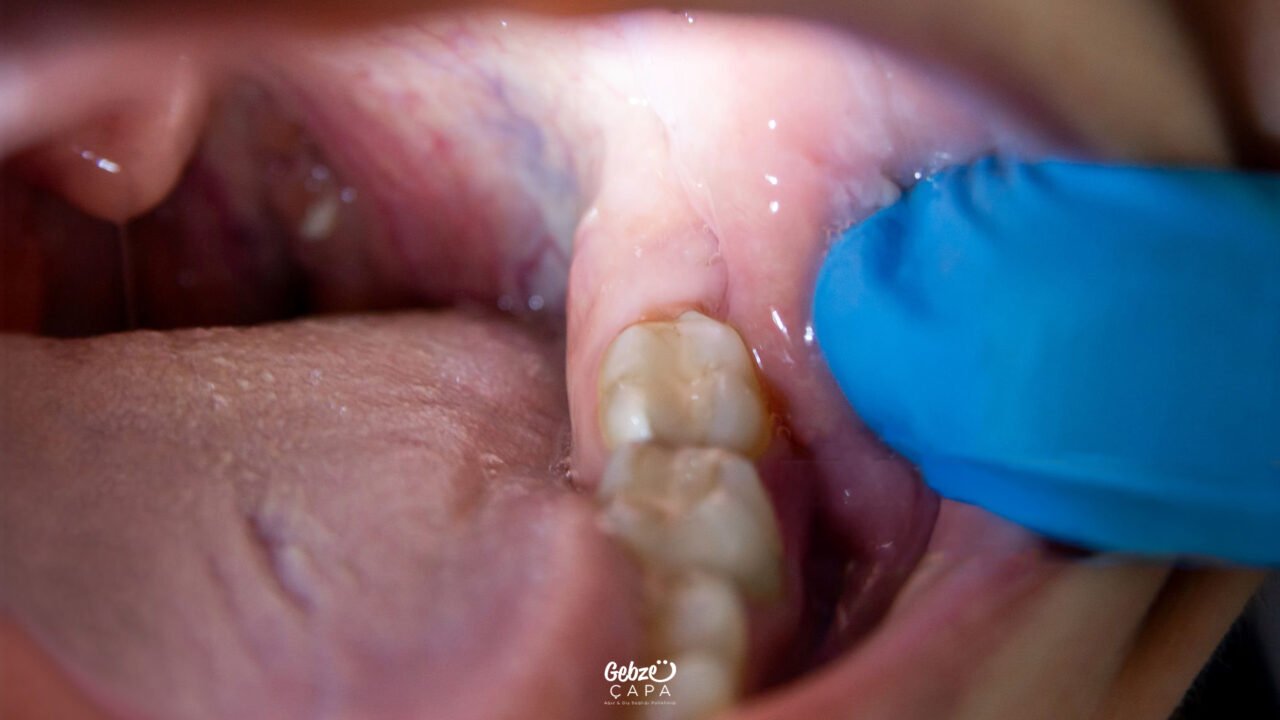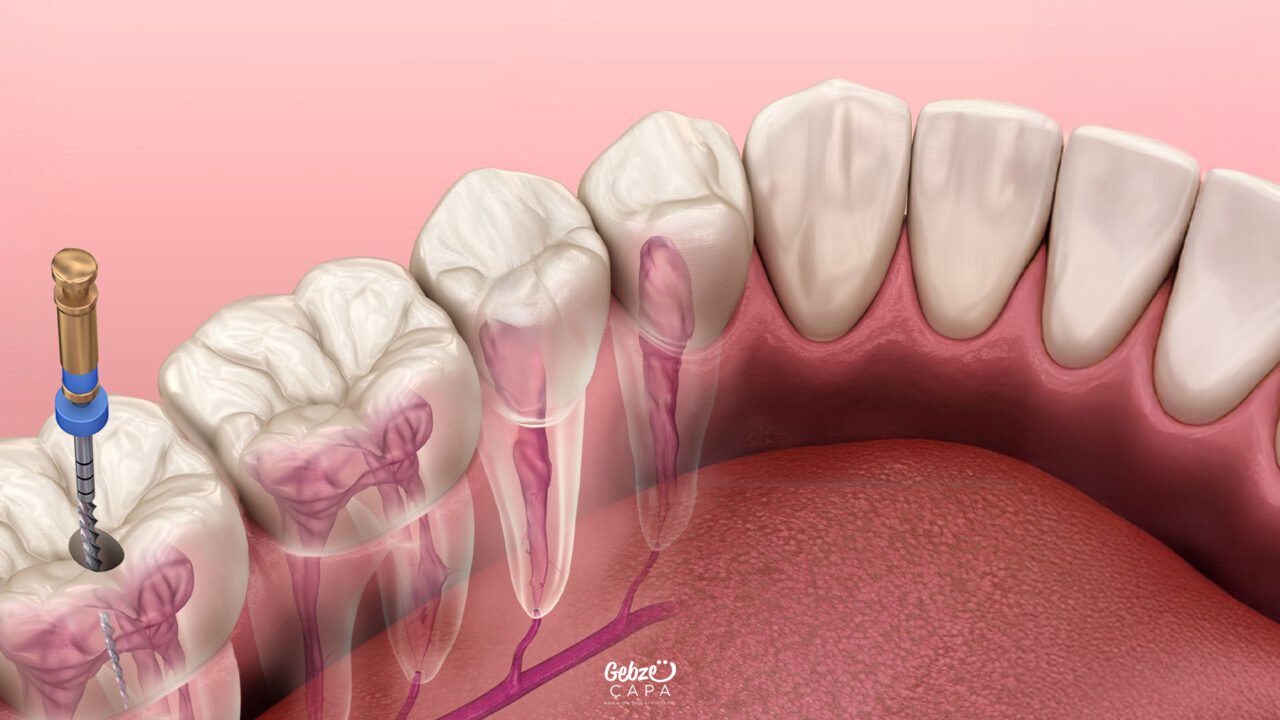Can Root Canal Treatment Be Performed on Wisdom Tooth?
Wisdom teeth, which emerge at the very back corners of our mouths, often without our even realizing it, are among the most frequently discussed and problematic teeth in dentistry. These teeth often don’t fit properly in the jaw structure, can remain impacted, or become partially erupted, leaving them vulnerable to infection. This can lead to both pain and various infections. So, can a root canal be necessary for such a problematic tooth?
This frequently heard question by dentists is actually a significant one that preoccupies many patients. Here, I will outline in detail whether root canal treatment is possible for wisdom teeth, in which situations it’s preferable, and when extraction is more appropriate.
What Are Wisdom Teeth?
Wisdom teeth, also known colloquially as “wisdom teeth,” are generally the last molars to erupt in the mouth. They get their name because they typically emerge between the ages of 17 and 25. Most people have four wisdom teeth in total, one on each side of the upper and lower jaw. However, this can vary from person to person.
Some individuals never develop these teeth, while others only have one or two. In rare cases, all four teeth may emerge healthy and contribute to chewing. However, most often, the jaw structure does not provide sufficient space for these teeth. This can cause them to emerge crookedly, become partially impacted, or become completely embedded in the jawbone.
Without sufficient space, wisdom teeth can put pressure on surrounding teeth, causing problems such as pain, swelling, and infection. Therefore, wisdom teeth require careful monitoring, both during and after eruption. When evaluating these teeth, dentists consider not only their presence but also their location within the jaw, their relationship to surrounding tissues, and whether they cause any discomfort.

Why Is This a Problem?
Because wisdom teeth are usually the last teeth to erupt in the mouth, unfortunately, there may not be enough room in the jaw for them. As a result, these teeth often cause all sorts of problems instead of emerging smoothly. Here are some common situations:
- Empty teeth: The tooth never emerges, remaining beneath the gums and sometimes the jawbone. It’s usually unnoticeable, but can cause pain or inflammation over time.
- Partially impacted teeth: While part of the tooth emerges, the other part remains beneath the gums. This increases the risk of infection and can cause discomfort while chewing.
- Crooked teeth: When wisdom teeth erupt at an angle, they can put pressure on the adjacent teeth and disrupt the alignment of the other teeth.
- Difficult-to-clean teeth: Because they are located at the very back of the mouth, brushing these teeth can be difficult. This increases the risk of cavities and infection.
In such cases, the dentist usually recommends extracting the tooth. However, not every wisdom tooth needs to be removed immediately because it causes problems. In some cases, root canal treatment may be an option to save the tooth.
What is Root Canal Treatment?
Root canal treatment is the process of removing infected or inflamed pulp tissue from the inside of a tooth and filling the root canals with specialized filling materials. This treatment aims to save the tooth and prevent extraction.
Root canal treatment is generally preferred in cases of severe tooth pain, sensitivity to hot and cold, abscesses, or advanced decay.

Is Root Canal Treatment Required for Wisdom Teeth?
It’s not easy to answer this question with a clear “yes” or “no.” Every mouth, every tooth, and, of course, every patient is different. While root canal treatment is sometimes possible, other times, extracting a tooth might be a more prudent option than trying to save it. Let’s explore the situations in which root canal treatment is possible, and in which cases it’s not recommended.
Situations Where Root Canal Treatment Is Appropriate
- If the tooth has erupted properly
If the wisdom tooth is well-placed in the jaw, aligned harmoniously with the adjacent teeth, and not causing any impaction, it is generally possible to save the tooth with root canal treatment. - If the root structure is suitable
Some wisdom teeth have complex and crooked roots, while others are more suitable for treatment. If the roots are accessible, your dentist may prefer root canal treatment. - If the patient does not want to lose the tooth
Some patients may be reluctant to lose their wisdom teeth, especially if they have emerged in the lower jaw and are functioning properly. If the tooth performs a healthy chewing function, root canal treatment may be possible to preserve the tooth. - If no other molars remain in the mouth
If other molars, which are important for chewing function, have been lost, preserving the wisdom tooth is of paramount importance. In such cases, root canal treatment becomes a more viable option.
Situations Where Root Canal Treatment Is Not Recommended
- If the tooth is impacted or partially impacted:
If the tooth is partially or completely submerged in the gum, access is difficult and the risk of infection is high. Root canal treatment becomes nearly impossible in such teeth. - If the root structure is very complex:
Some wisdom teeth can have very problematic roots—they are very long, very curved, or contain multiple canals. This makes treatment difficult and the chances of success low. - If the tooth cannot remain in the mouth for a long time:
Some teeth cannot remain healthy for long periods, regardless of the best efforts. If the tooth’s lifespan is limited, extracting the tooth may be a more sensible option than pursuing a root canal. - If there is significant loss of supporting bone:
If the bone supporting the tooth has been damaged due to gum disease, root canal treatment is of little benefit. In this case, extraction is a more appropriate approach.

Although wisdom teeth are often viewed as “just going to be removed,” in some cases, it’s possible to keep them. What matters is the tooth’s overall condition, its location in the mouth, its root structure, and your overall dental health. Therefore, the best decision is made after a thorough examination by a dentist.


